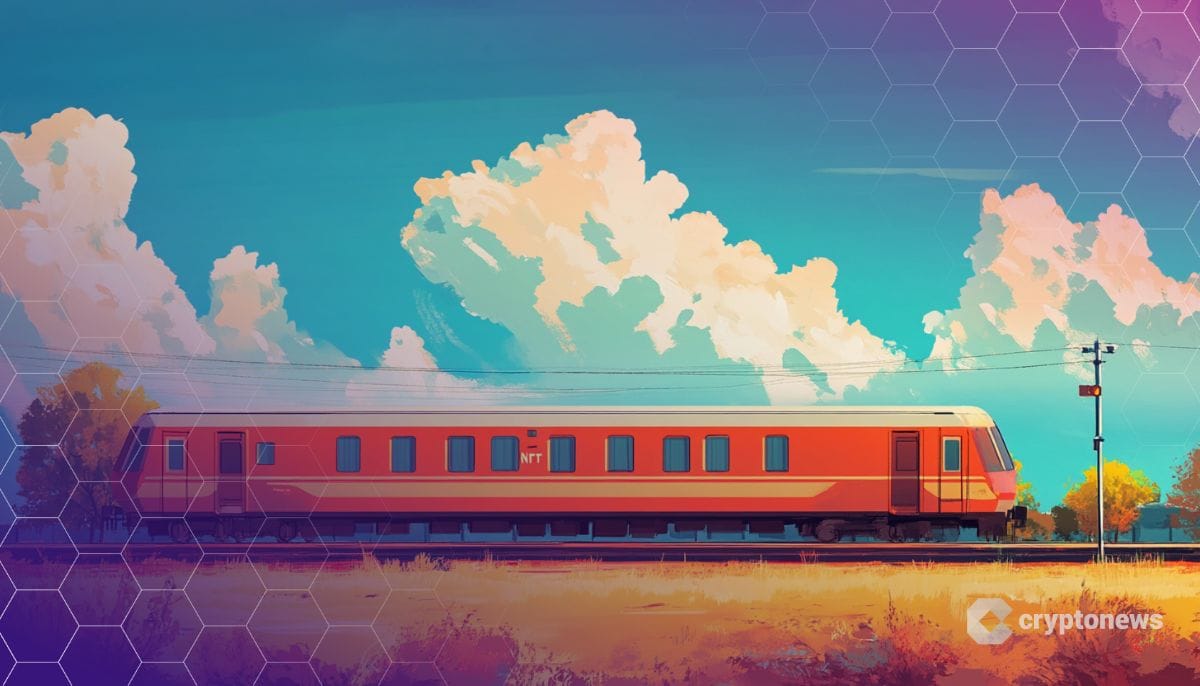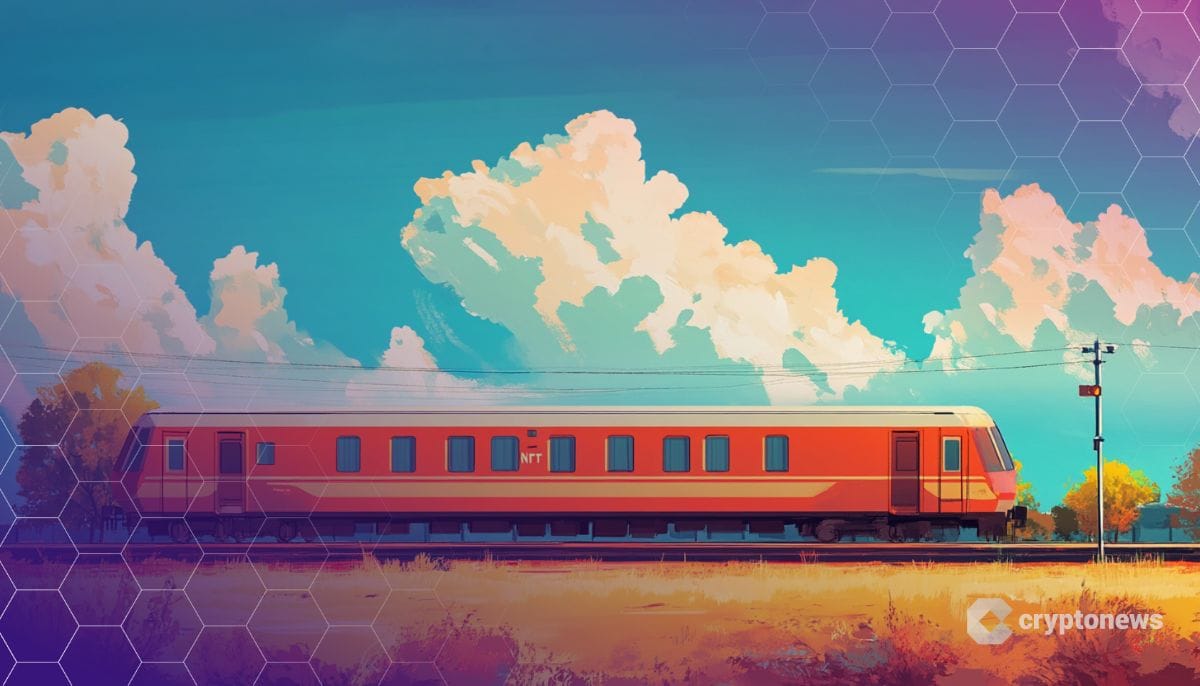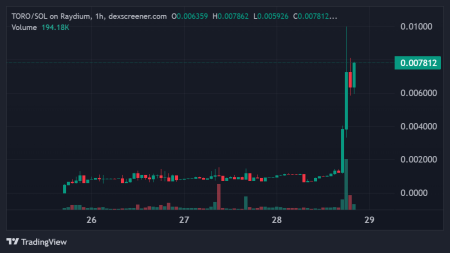Last updated:
 Why Trust Cryptonews
Why Trust Cryptonews
Ad Disclosure
We believe in full transparency with our readers. Some of our content includes affiliate links, and we may earn a commission through these partnerships. Read more

Indian Railways is set to introduce non-fungible token (NFT)-based train tickets for passengers traveling to the MahaKumbh Mela, a Hindu festival and pilgrimage occurring once every 144 years.
On January 13, blockchain firm Chaincode Consulting announced its partnership with the Indian Railway Catering and Tourism Corporation (IRCTC) to digitize the spiritual journey.
The NFT tickets will be minted on the Polygon blockchain, leveraging its speed and low transaction costs for scalability and environmental sustainability.
Tickets Will be Available Through NFTrace
The tickets will be accessible through the NFTtrace platform, which specializes in real-world assets and traceability.
“By partnering with IRCTC and leveraging the Polygon blockchain, we are enabling a digital-first experience that complements the spiritual and traditional significance of the Mahakumbh while introducing a new level of engagement through NFTs,” Alok Gupta, CEO of Chaincode Consulting, said.
The MahaKumbh Mela draws millions of pilgrims from around the world, with approximately 1.2 million train tickets booked daily via the IRCTC platform.
This NFT-based ticketing drive aims to enhance global participation while celebrating India’s cultural heritage.
Kumbh Mela, a related festival held every 12 years and recognized by UNESCO as an Intangible Cultural Heritage of Humanity, has attracted notable figures such as Richard Gere and the Dalai Lama.
Indian Railways previously experimented with NFT-based tickets during Holi in March 2024, branding them as “a celebration of the rich cultural tapestry of Lucknow and Delhi.”
The blockchain-based system allows for secure verification of tickets by both authorities and the public.
Records of purchases are maintained on the Hyperledger blockchain, with smart contracts ensuring transparency and traceability.
India’s Stance on Crypto Remains Ambiguous
India’s stance on cryptocurrencies has been somewhat ambiguous.
In 2022, the country imposed strict crypto taxes. A flat 30% tax was introduced on all income from the transfer of cryptocurrencies or virtual digital assets (VDAs), with no deductions allowed except for acquisition costs.
Additionally, a 1% Tax Deducted at Source (TDS) was imposed on transactions exceeding ₹10,000 annually (or ₹50,000 for specific categories), effective July 1, 2022, causing liquidity issues in the market.
India also made it a priority to achieve global consensus on framing crypto policies as part of its G20 presidency in 2023.
The country successfully obtained agreement from all G20 members on global guidelines.
Nevertheless, India continues to grapple with rigid crypto tax rules.
During the announcement of the fiscal year 2024-2025 budget, Finance Minister Nirmala Sitharaman upheld the controversial crypto tax regulations.
Despite extensive lobbying from the cryptocurrency industry, which presented substantial evidence to advocate for a reduction in the TDS policy from 1% to 0.01%, the existing rules remain unchanged.
Last week, global cryptocurrency exchange Bybit announced a temporary halt to its trading services in India, citing evolving regulatory developments.




